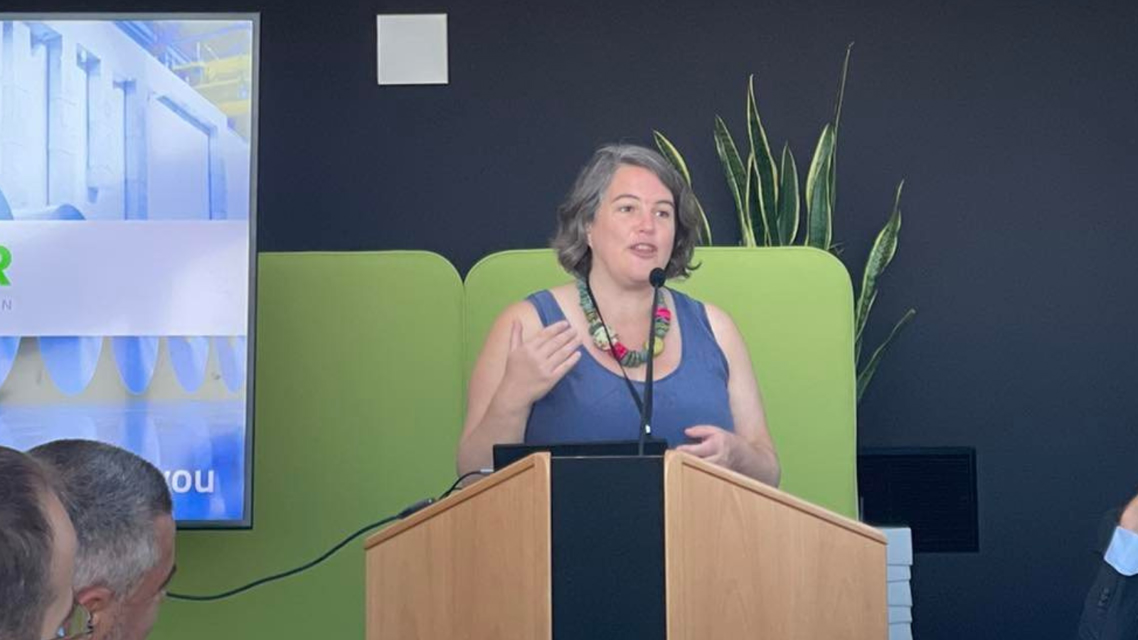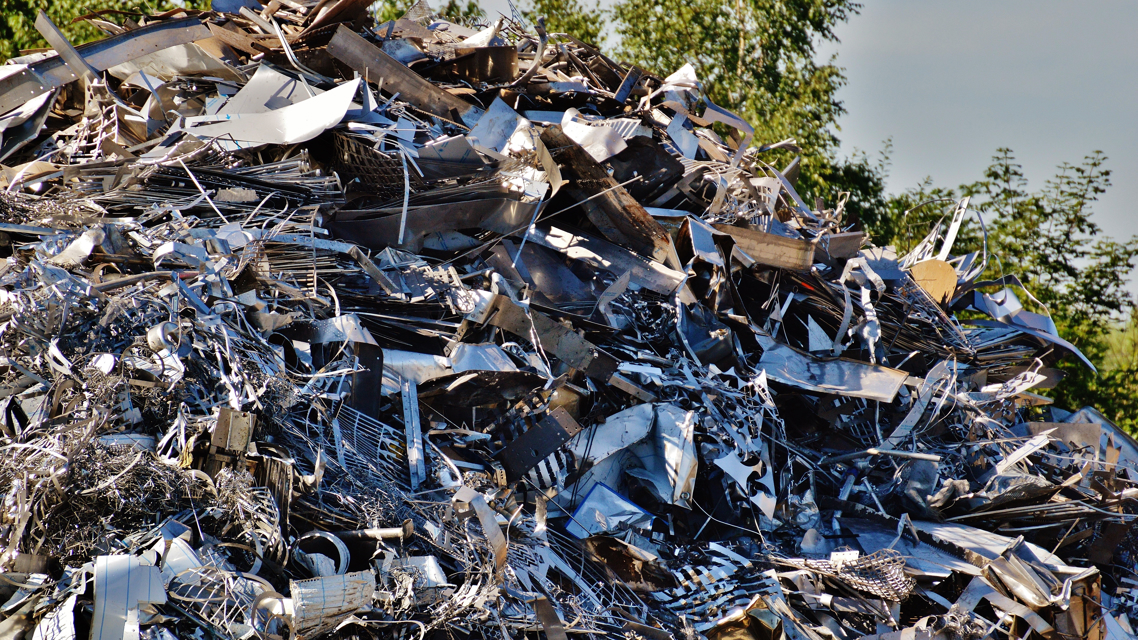On Tuesday, 6 September, a breakfast meeting was held at the European Parliament, hosted by MEP Sara Matthieu (Greens) and organised with EUROFER and industriAll Europe. Participants joined from the European Commission, European Parliament and NGOs to discuss the revision of the EU Waste Shipment Regulation.
The EU Waste Shipment Regulation specifies the procedures for controlling almost all types of waste shipments to improve environmental protection and sets out a system of control for the movement of waste.
Social partners in the steel sector want more social and environmental criteria to regulate the export of ferrous scrap, a precious circular raw material that is generated during the production of steel, outside of the EU.
European steel is at the heart of European industry, responsible for 310,000 direct jobs and 2.2 million indirect jobs in the EU. These jobs must be kept, especially during the green and digital transitions. The revision of this Regulation is a fundamental element of the Green Deal and the new Circular Economy Action Plan.
Ferrous scrap is by far the most exported waste element from the EU and is essential to increase the circularity and decarbonisation of the European steel sector. Its export covers more than half of all exported waste, with an alarming increase of export volumes in recent years of up to 113% from 2015 to 2021, and over 260% in terms of net exports, reaching an historical maximum. It must therefore be responsibly exported, which means that countries must meet Environmentally Sound Management (ESM) conditions with social criteria, such as workers’ rights and ILO fundamental rights.
OECD countries which are waste recipients might not guarantee that ESM conditions or workers’ rights are respected. In this case, the export of waste is an aspect that is insufficiently tackled in the Commission’s proposal and should be improved by the European Parliament’s ENVI Committee in the revised Regulation.
“The Regulation must ensure stricter and more effective controls of waste exports to third countries”, stressed Judith Kirton-Darling at the meeting. “This is not to say that bans should be put in place for exports, but the exports of waste can unfortunately result in social and health problems, higher greenhouse gas emissions and low working standards, as third countries do not always meet European environment, labour and safety standards.”
All workers deserve to work in safe and environmentally sound conditions, regardless of their countries’ OECD status.
The social partners share three priorities in the context of this Regulation revision: a stronger regulation, enough supply for our domestic industries, and adequate environmental and social standards to be met when exporting.
Comparable social and environmental standards must be met and a level playing field between Europe and third countries must be established, including environmental and social aspects with regard to waste management, whilst strengthening the EU’s strategic autonomy.
Contact : Press and communications, Sophie Grenade (policy advisor)

